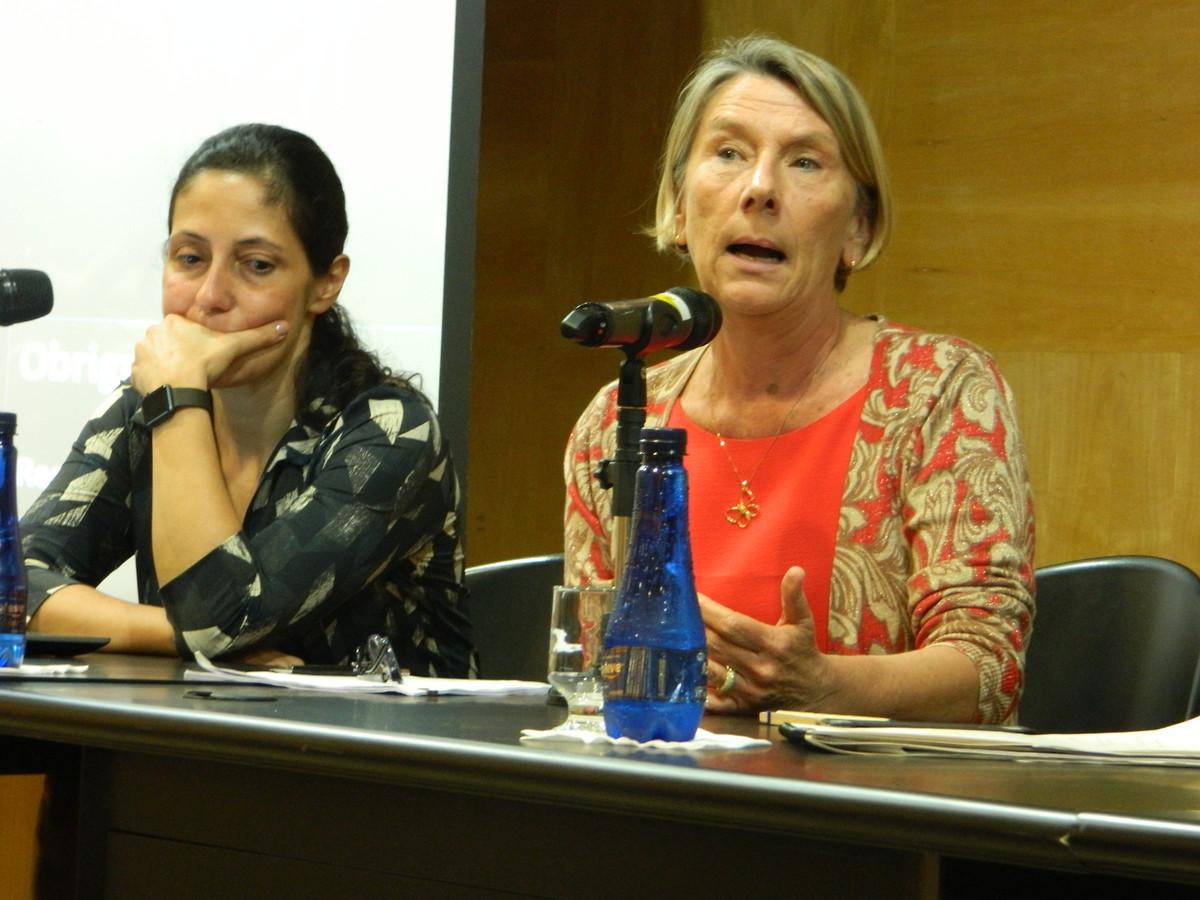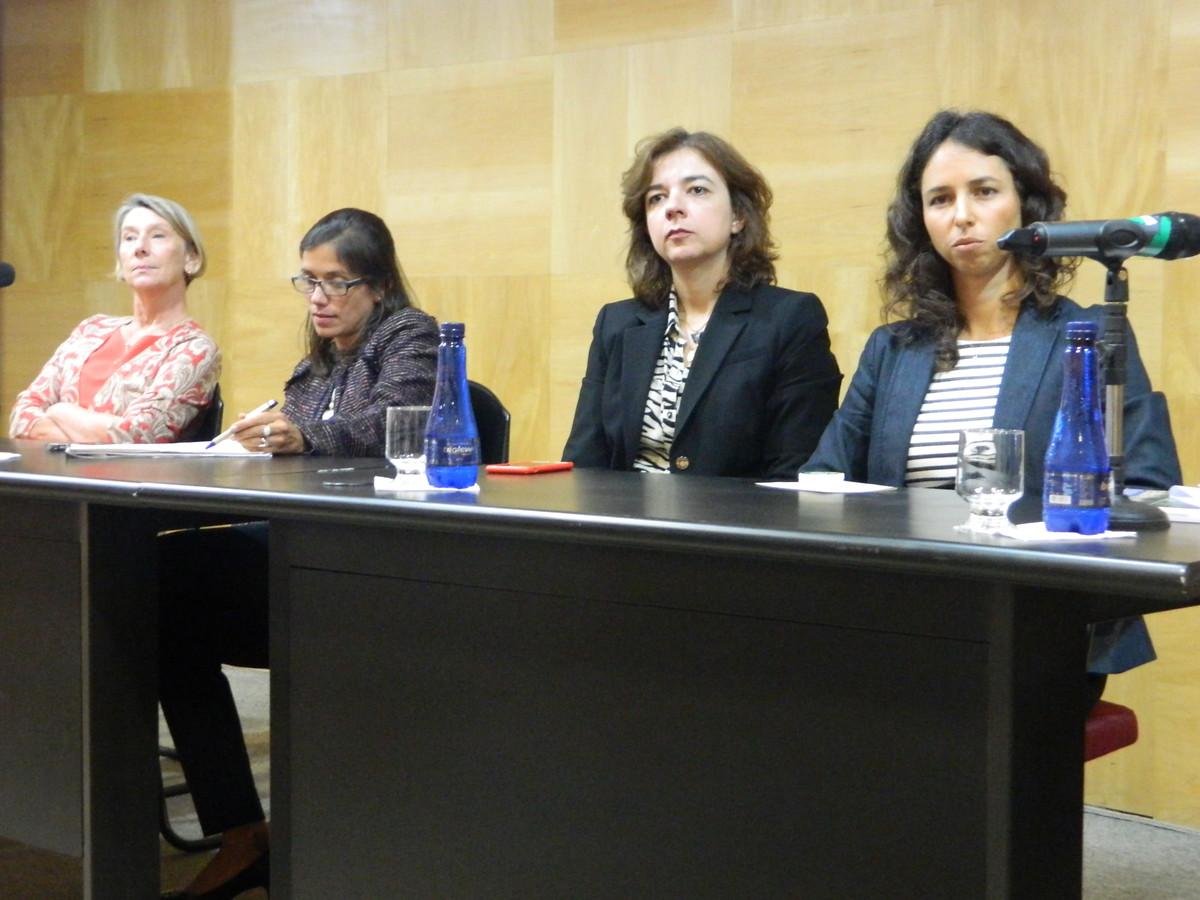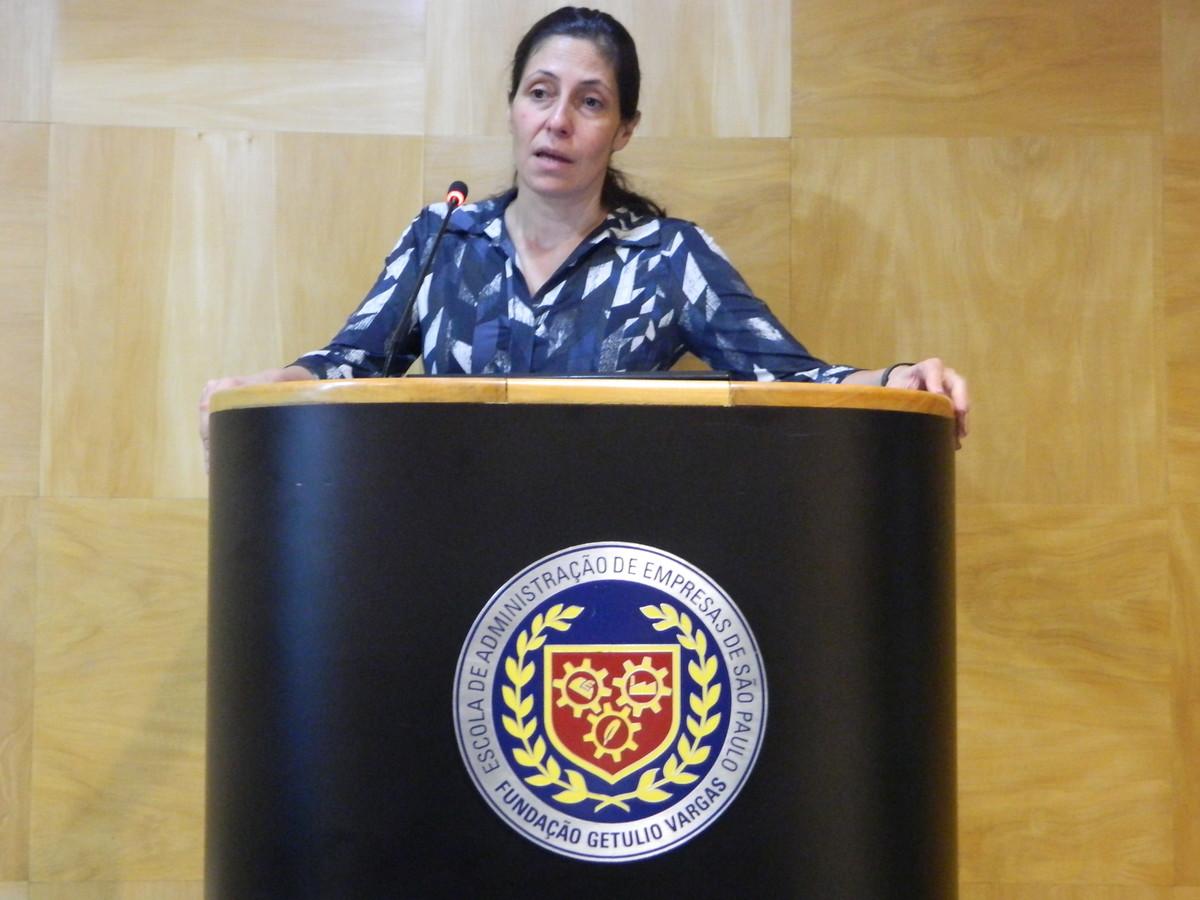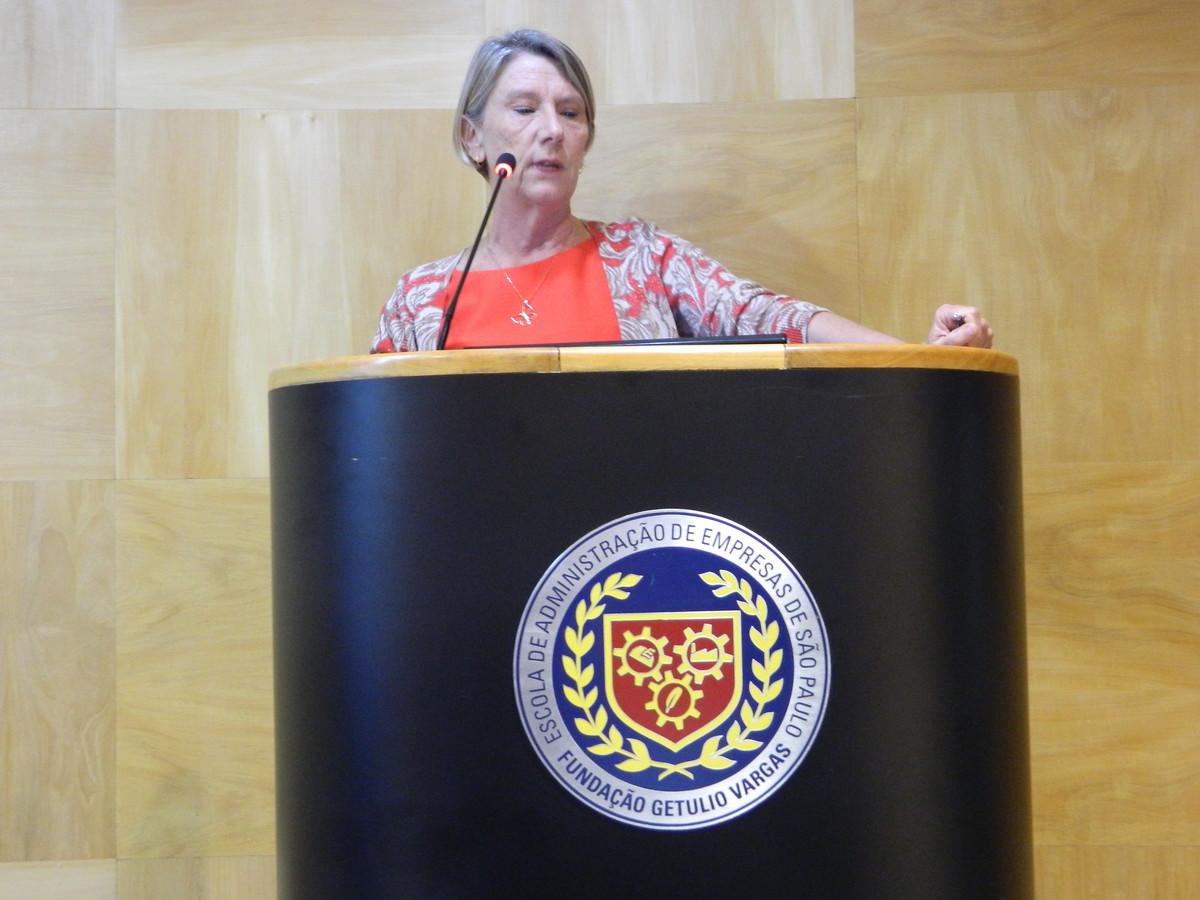Low Carbon Industry: Renewable Energy in Latin America - Regional Programme Energy Security and Climate Change in Latin America
Event Reports
"There is one thing stronger than all the armies in the world, and that is an idea whose time has come". With this quote from Victor Hugo, Annelise Vandremini, specialist in Sustainable Finance, opened the workshop on Low Carbon Industry: Renewable Energy in Latin America. According to the expert, the time for Business Sustainability has arrived, which can be proven by the fact that shareholder proposals focusing on environmental issues are not only becoming more frequent but also increasingly sophisticated, according to a recent report by The Wall Street Journal.
The workshop was organized by the Regional Programme Energy Security and Climate Change in Latin America (EKLA-KAS) and the Center for Sustainability Studies (GVces) of the Business Administration School of Fundação Getúlio Vargas (FGV-EAESP), to present the conclusions of a study on the Panorama of Renewable Energy: the Industrial Sector in Latin America.
Paula Peirão (GVces) presented the results of this publication, which evaluates how new and efficient economic instruments and public policy proposals could foster renewable energy in the Brazil, based on case studies (Mexico, Chile, Peru, and Colombia).
Why study Latin America? The NDCs ratified by the four countries studied present reduction targets and barriers similar to the Brazilian ones, making it possible to learn from common challenges. The legal framework and administrative procedures, the financing mechanisms and the obstacles of these countries with regard to the renewable policy were investigated. A major challenge of the study was access to information, given the low standardization of databases. The very concept of renewable energy is not uniform in the region.
A compilation and systematization of the barriers for the sector was carried out, from which proposals were made to advance the renewable industry. These barriers were classified as direct or indirect, and low, medium and high intensity. They refer to problems of regulation, of development strategies, of technical training, among others. Economic-financial barriers, which include the perception of financial risk, subsidies and competition with other sources, the cost of investment, the existence and ease of access to financing mechanisms, etc. stand out.
The presentation was followed by discussion with panelists and the audience.
Heloísa Schneider (ECLAC) congratulated GVces for the document, and agreed with the conclusions, especially in terms of funding. She informed that a third version of ECLAC's publication on "Financing for Climate Change in Latin America and the Caribbean" will be published later this year. According to data presented by Ms. Schneider, climate financing in Latin America in 2013, 2014 and 2015 was respectively 19.7, 21.6 and 21.1 billion dollars, Brazil being one of the largest climate financiers in the region. In addition, local development banks have more significant traditional participation than international agents, as in the case of BNDES, the largest investor, in addition to Fundo Clima, Fundo Amazônia and ABC.
Green bonds are also beginning to generate impact in the region, especially Mexico, Peru and Brazil. Funds for clean technology and renewable energy are the ones that historically have grown the most in climate financing in Latin America. As a destination, energy generation and distribution concentrate 40% of these resources, in many cases to the detriment of the forest sector, which has lost resources for the energy sector. New niches of renewable energy arise in the region, such as geothermal in Chile, which include high risk prospecting projects, presents great potential but are still little known.
Maria Netto (IDB), responsible for the division of capital markets and financial institutions, pointed out that the debate on renewable energy financing fits within the broad context of infrastructure investment in general needed in Latin America (transport, water, sanitation, Ports and airports etc). According to the IDB, such financing is impossible to realize if private investment is not considered. Above all, long-term investment is essential to enable technological innovation, essential to the sector. To do so, it is not enough to discuss supply, but it is also necessary to understand the demand for financing, which necessarily includes the analysis of barriers.
Using the example of Colombia, where 60% of the territory is not yet connected to the network, and 90% of the population lives in mountains, Ms. Netto pointed out that this population without access to the grid produces with diesel, which has a high transportation cost and high subsidies, which consequently entails a high cost to the government. The municipalities (energy produced at the municipal level) are fragile and have a poorly structured concession system. In these cases, the IDB, in addition to providing financing, should combine it with its capacity-building function, providing examples of how to structure concessions and contract standardization, in order to allow greater participation of private investment, reducing the need for government subsidies over time.
Renata Camargo (WWF Brazil), public policy analyst, focused her presentation on solar energy, which plays an important role in the necessary diversification of the electric matrix, considered a Brazilian energy security issue. When the hydro-power fails, the use of emergency thermals in recent years has reduced the percentage of renewable energy in the national matrix, which is traditionally considered clean. It is also perceived a pass-through of costs to the consumer due to the high cost of emergency thermals. In terms of reducing greenhouse gas emissions, land use has traditionally been the main concern (agriculture, deforestation, livestock), but there is a clear trend towards increasing emissions from the energy sector as a whole, including transport.
Using the example of Germany, which presents a solar radiation that is half that of Brazil, Ms. Camargo highlighted the opportunity for the evolution of the solar industry in Brazil, which depends, above all, on political decisions. Once a clear signaling is given by the government, the private sector would occupy the space. Moreover, a trend of cost reduction of solar equipment globally is also promising. Photo-voltaic energy has developed in the world with the use of the so-called feed-in tariffs, when the governments make a political decision on production, passing on costs to consumers, as in the case of Germany, Italy, Japan, USA, Spain.
The Resolution of Aneel 482/2012 meant an important impetus for the advancement of solar in Brazil, bringing the theme to the center of the energy debate. Thus, a global process of transition to a low-carbon economy is perceived, but challenges remain of how to make it fair and sustainable. The regional exchange is fundamental in this sense.
Agenda
Welcome words
09:00 - 09:10 Annelise Vendramini (GVces);
Karina Marzano (EKLA-KAS)
Presentation of the results of the study
09:15 – 10:00 Paula Peirão de Oliveira (GVces)
Workshop - Discussion with Specialists, Moderator: Annelise Vendramini (GVces)
10:15 – 12:00Heloísa Schneider (ECLAC);
Maria Netto (IDB);
Renata Camargo (WWF Brazil);
Paula Peirão de Oliveira (GVces);
Tatiana Gerosa (Consultant)








